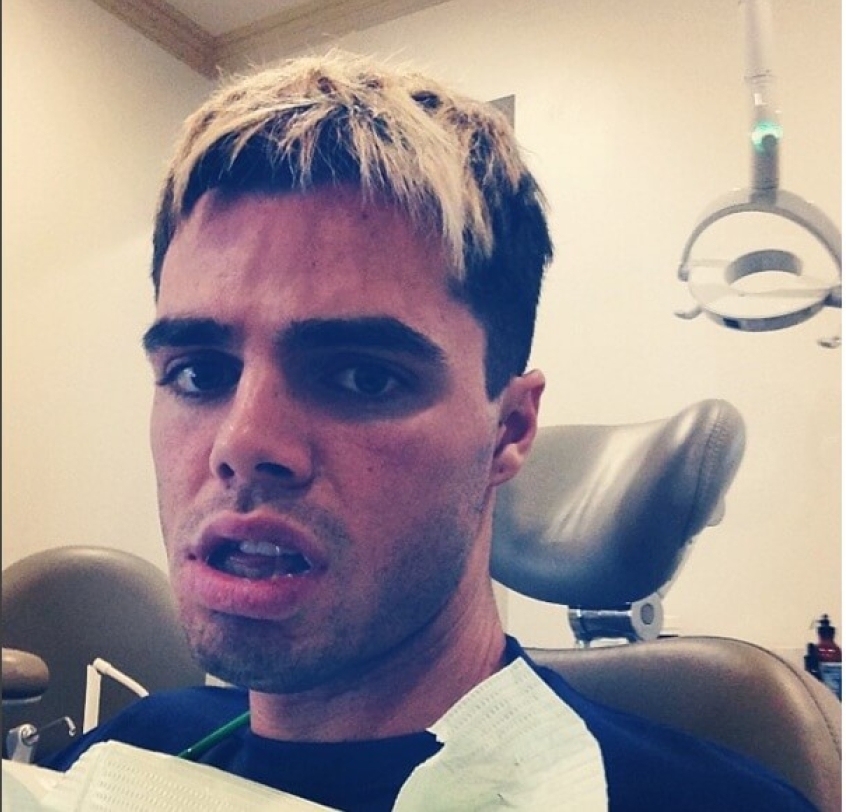
"Modern Family" star Reid Ewing, who plays Dylan in the series, has opened about his struggles with body dysmorphic disorder, during a blog post published on Nov. 19 in Huffington Post.
The 27-year-old actor gave the details of how he suffered the disorder as a teenager.
The "Fright Night" actor wrote that he received his first cosmetic surgery in 2008 when he was 19. Prior to this, Ewing confessed that his looks were the only thing that's important to him.
The obsession with his physical appearance started when he just moved to Los Angeles to become an actor. He would take photos of himself from every angle and find that he doesn't like the person that he sees. That's when the actor decided to go for surgery.
Ewing thought that once he goes under the knife, he would instantly look like Brad Pitt, according to his confessional post. However, the first surgery he got — cheek implants — didn't turn out as expected.
After the procedure, Ewing described his cheeks to be "as hollow as a corpse's." The results were not to his liking that he feared someone would see him.
Ewing ended up isolating himself from the world. Since he was not satisfied with the outcome, it led to a series of surgeries just to correct the results from the previous ones he got.
Desperate to obtain the perfect look, he'd gone as far as borrowing money just to fund his operations. He also revealed that his obsession continued during filming for his TV series.
The actor also admitted that "people with body dysmorphic disorder often become addicted to cosmetic surgery." But eventually, Ewing realized that he could no longer deal with all the pain, the medications, the "self-hate," hiding and isolation, and depression that came in the name of good looks.
It took him six months before he felt comfortable with himself, and he promised not to go through cosmetic surgery again, he wrote.
Ewing also highlighted that out of all the doctors who worked on him, none performed mental health evaluation. As a piece of advice, Ewing said, "Before seeking to change your face, you should question whether it is your mind that needs fixing."













